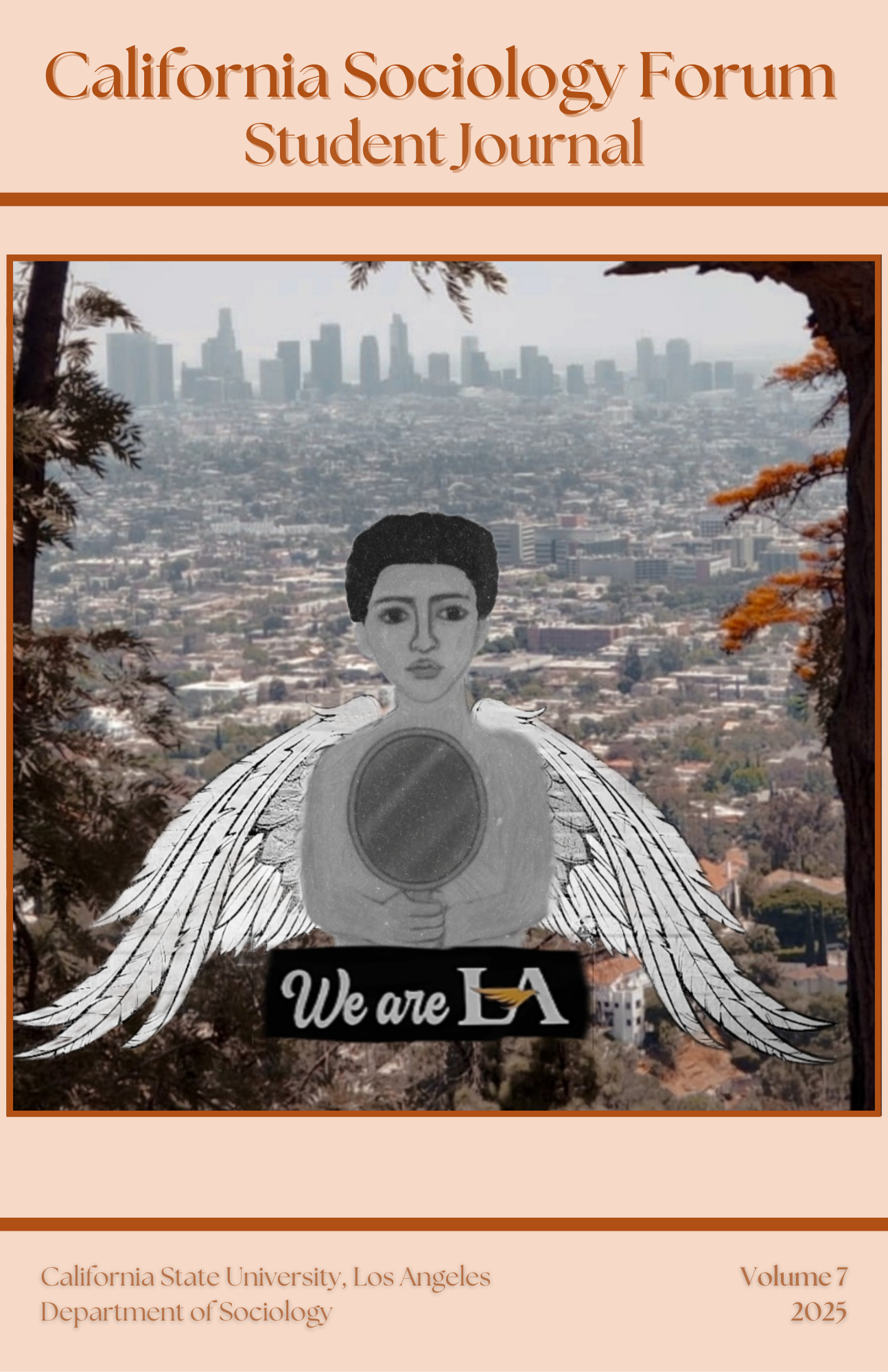TV Show Review: Birth of a Rebellion – A Sociological Look at Andor: A Star Wars Story
Abstract
Very few television shows in modern times showcase the dynamics between an oppressive system and people affected by these forces of oppression. Even fewer show this social dynamic in a relatable, grounded way as it is shown in the show Andor (2022). The struggles of a young rebel movement bred from these oppressive forces of the galactic empire are displayed in a brutal yet relevant way that mirrors real-life rebel causes in our society and history. Many themes and social issues highlighted throughout the show’s episodic arcs hold much truth and act as important social commentaries that spark dialogue about real oppressive factors in our own social institutions. In this review, I will focus on a few major sociological aspects that I feel are important to cover. The forces of colonialism at work, acts of cultural rebellion, critiquing the status quo, and mass incarceration are some of the key themes throughout Andor showcasing how individuals from various backgrounds are socialized due to the colonialistic nature of an oppressive regime. A highlight of the show is that it shows how individuals from different social statuses react to oppression and what steps they take to adapt or resist the societal norms laid by the forces of oppression. As much as the themes are important, the range of the diverse characters of Andor are the heart and soul of the show. Through their points of view, we as an audience are compelled to understand how people of different social statuses and backgrounds react to oppression and rebellion. The working-class struggle, what roles the privileged play in these struggles, hopeful revolutionaries, and those fighting for a cause that they struggle to support.

